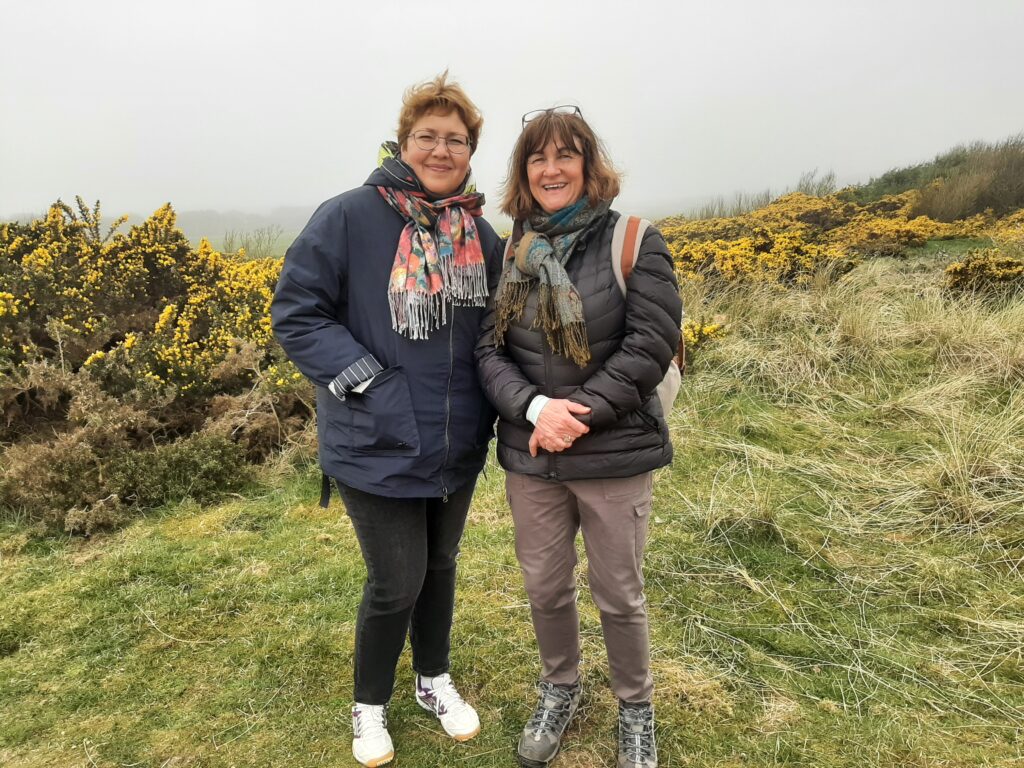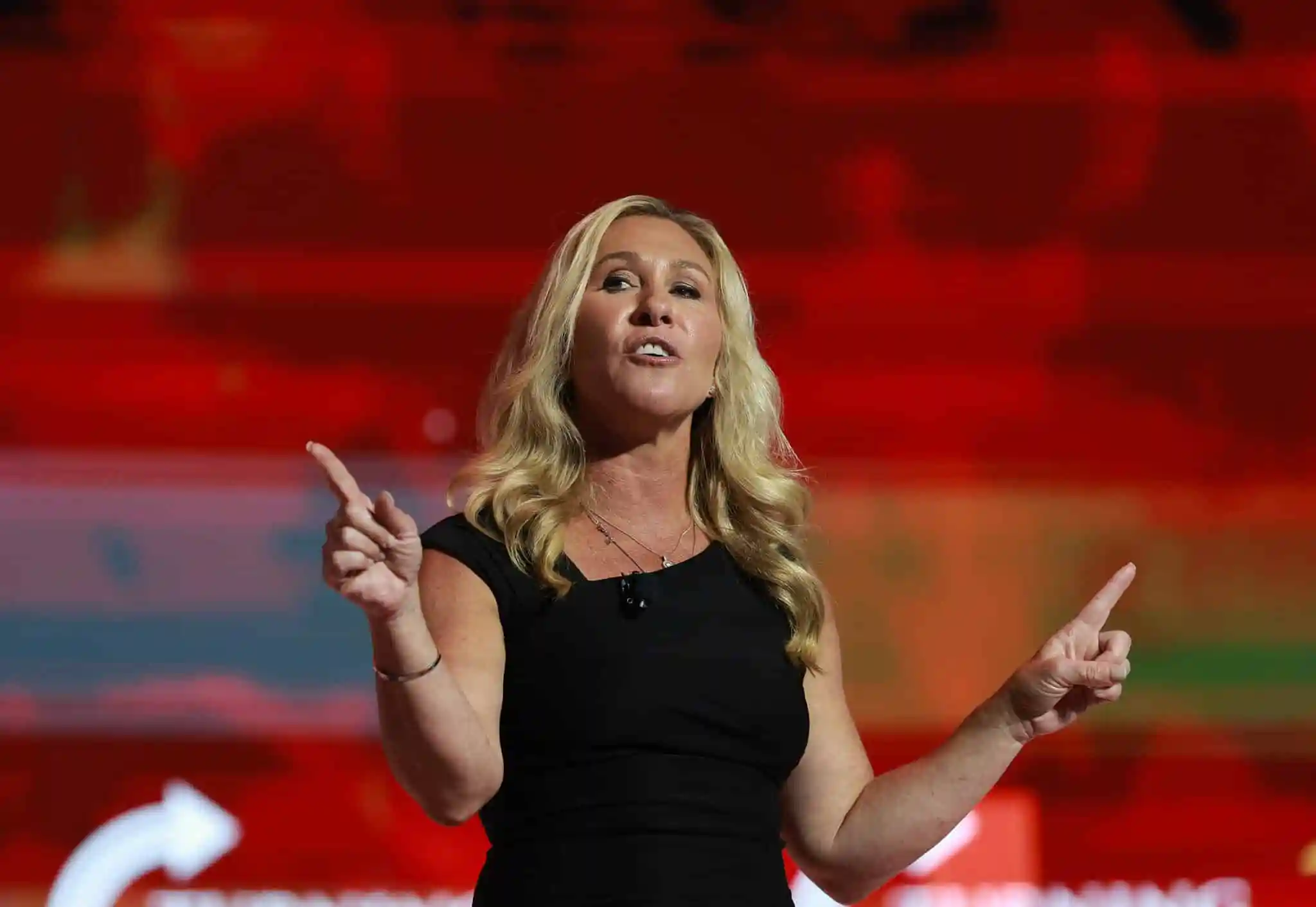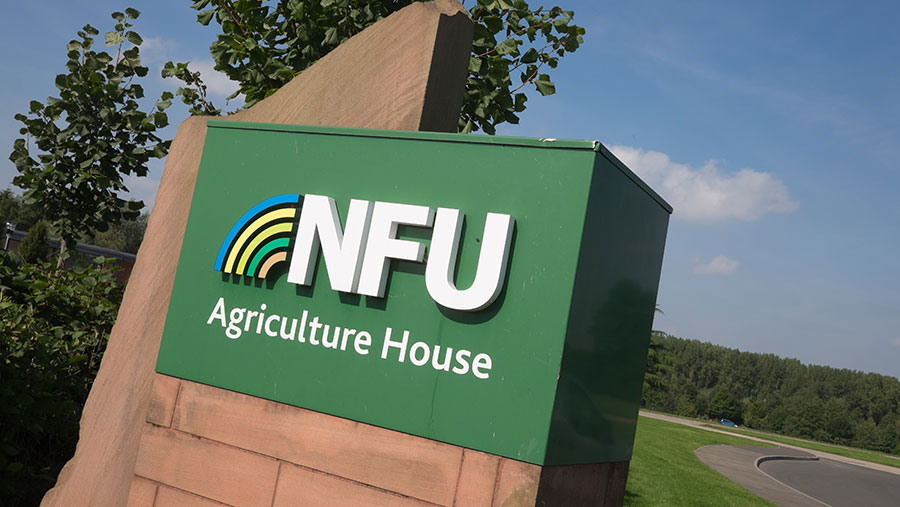[ad_1]
A UKRAINIAN educational is drawing on modern-day connections between her homeland and Poland to settle into Aberdeen after fleeing the continued warfare.
Dr Natalia Gromakova has joined the College of Aberdeen’s historical past division as a part of the ‘Students at Threat’ programme for Ukraine.
Dr Gromakova specialises within the social and associational lifetime of Polish society within the nineteenth-century Ukrainian lands occupied by Austria and Russia after the Third Partition of Poland in 1795 as much as the First World Struggle.
She is considered one of seven recipients of a fellowship from the Royal Historic Society and educational companion organisations to take up a place in a UK or European college, with the host college matching the contributions for the scholarship.

She fled her residence in Bucha, round 20km north-west of Kyiv, together with her daughter on March eleventh.
The commuter city had change into a key battleground because the Russian onslaught in the direction of the capital started, with many civilians dropping their lives within the assault and occupation which adopted.
Dr Gromakova had been working on the Nationwide Pedagogical College in Kyiv as a postdoctoral researcher.
She and daughter Olena have been in a position to evacuate the city, which had been underneath shelling because the outbreak of warfare, however her husband remained behind to assist these defending the nation.
After initially staying close to Hannover in Germany, Dr Gromakova despatched her CV to the Ludwig Maximilians College in Munich which has a robust Division of East European Historical past.
The Division in Munich put her in touch with the College of Aberdeen’s Professor Karin Friedrich who’s a part of the College’s Centre for Polish-Lithuanian Research and has been, by means of her educational networks, attempting to assist refugee students from Ukraine.
Dr Gromakova mentioned: “Professor Friedrich famous that my analysis aligns carefully to the work of the Centre and inspired me to use for the Fellowship, which is matched by the host establishment.
“I used to be delighted to be chosen and to have the chance to come back to Aberdeen.
“It has lengthy been a dream of mine to review and work in Scotland, though the circumstances aren’t these I’d have chosen.
“I’ve loved nice assist from the College, and I believe the Centre and amenities right here will actually assist me to advance my analysis.
“Moreover, collaboration with the German Historic Society offers a chance to increase my analysis perspective to make clear the options of intercultural communication within the context of nation-building in the course of the nineteenth century.”
The sudden nature of the transfer meant that Dr Gromakova didn’t have a chance to develop her English language expertise to the extent that she’d have wished forward of her posting.
However, she is rapidly making up for misplaced time and is drawing on different worldwide connections inside the metropolis to assist her improvement.
“Karin has been fantastic in serving to me not solely with the educational facet however with paperwork, contacts and official paperwork,” she added.
“After I haven’t had sufficient English to know, we’ve managed to speak in Polish which has been an actual assist.
“The connections with the Polish group in Aberdeen have additionally made it a lot simpler to combine.
“There’s a actual feeling of solidarity with Ukraine right here and that has made me really feel very welcome.
“I’m trying ahead to the time I can return residence, however it is a superb alternative for me to develop my educational analysis inside a Centre the place my deal with the historical past of western Ukraine enhances the work of different Aberdeen lecturers.”
Professors Robert Frost and Karin Friedrich mentioned: “We’re delighted to welcome Natalia to Aberdeen in order that she will be able to proceed her analysis work in security.
“She might be an asset to the work of the Centre and is already making ready a paper for a future seminar sequence.”
[ad_2]
Source link















